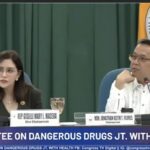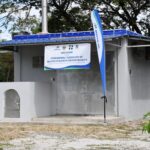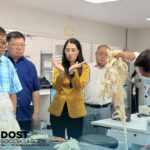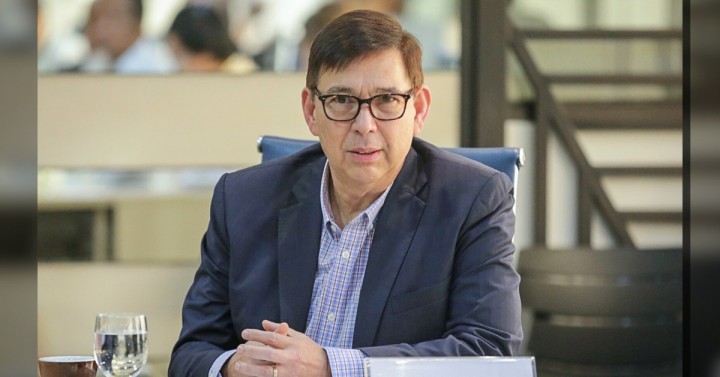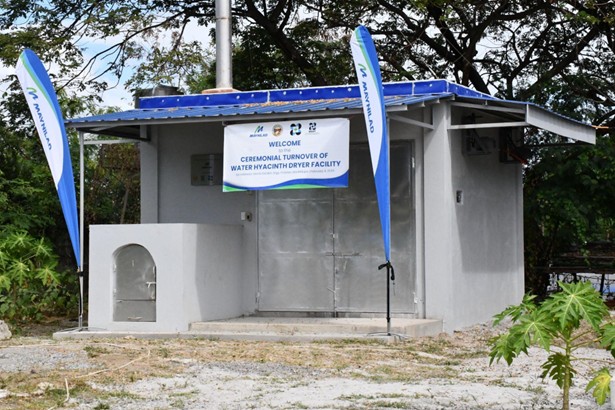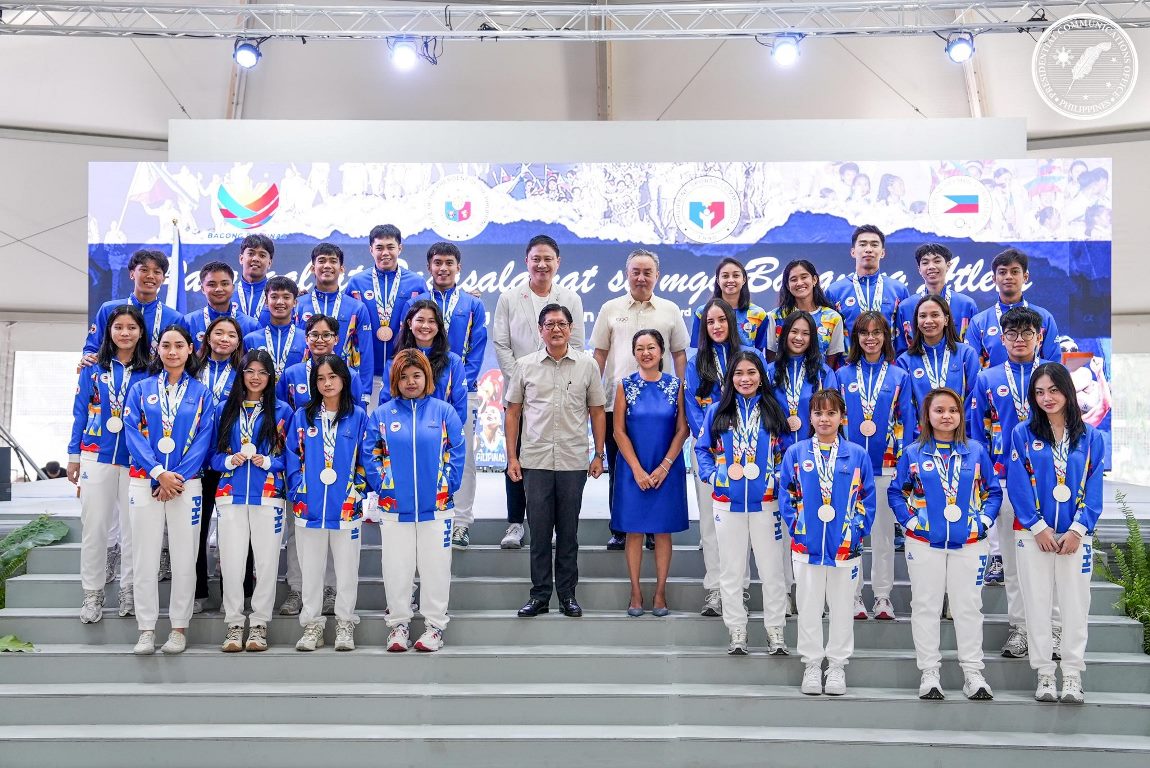Finance Secretary Ralph Recto has urged member states of the Inter-governmental Group of Twenty-Four (G-24) to reclaim their lost momentum through heightened cooperation and scaled-up support from international financial institutions.
In his opening remarks for the G-24 Technical Group Meeting, Recto, who is chair of the G-24 Board of Governors, urged G-24 members and international partners to focus discussions on crafting fiscal frameworks that promote fiscal consolidation, widen trade and financial flows, and further cultivate a more favorable investment environment for the private sector.
“We must keep in mind that 2030 marks a universal deadline for all nations to make substantial progress in eradicating poverty, ending hunger, and protecting the environment,” Recto stressed.
“With over half a decade remaining until 2030, there is enough opportunity for developing economies to reclaim lost momentum and make a powerful comeback if we unite in concerted action and adhere to fiscal discipline,” he added.
The 2030 Agenda for Sustainable Development is a universal action plan that balances economic, social, and environmental goals.
The G-24 helps coordinate the positions of developing countries on international monetary and development finance issues, as well as ensure that their interests are adequately represented in negotiations on international monetary matters.
This year, the Philippines hosts a two-day G-24 Technical Group meeting to discuss strategies to efficiently address ongoing economic challenges including climate financing, changes in the global trade regime, resource mobilization, and sovereign debt resolution, among others.
Recto said the pandemic has affected the global economy, leaving middle- and low-income countries with constrained fiscal resources and mounting debt burdens. Developing nations, he added, have little or no fiscal buffer amid tighter credit conditions and higher costs of borrowing.
Recto added that aside from these, the worsening impacts of climate change affect vulnerable countries as efforts for mitigation and adaptation continue to lag behind. Global trade also faces continued strain due to geopolitical tensions, resulting in increased imbalanced trade deficits and a rising inflationary environment, he added.
“All these headwinds persist while countries like ours face the dilemma of achieving fiscal consolidation to restore pre-Covid 19 levels of growth and address widening inequality and food insecurity,” Recto noted
Amid the projected global economic slowdown which is expected to hit developing countries, Recto called on international financial institutions such as the Asian Development Bank, the World Bank, and the International Monetary Fund to redouble their efforts in helping developing countries mitigate and reverse the factors that threaten growth prospects.
“Traditional interventions are no longer sufficient. We need bold and innovative solutions to help developing economies sustain productivity, boost long-term growth prospects, and increase resilience to economic shocks,” he said.
Recto said the Philippines seeks open dialogue and stronger collaboration with international financial institutions and member countries to build up their respective capacities to weather global challenges.
G-24 member-states include Algeria, Argentina, Brazil, China, Colombia, Congo, Côte d’Ivoire, Ecuador, Egypt, Ethiopia, Gabon, Ghana, Guatemala, Haiti, India, Iran, Kenya, Lebanon, Mexico, Morocco, Nigeria, Pakistan, Peru, the Philippines, South Africa, Sri Lanka, Syria, Trinidad and Tobago, and Venezuela. (PNA)



